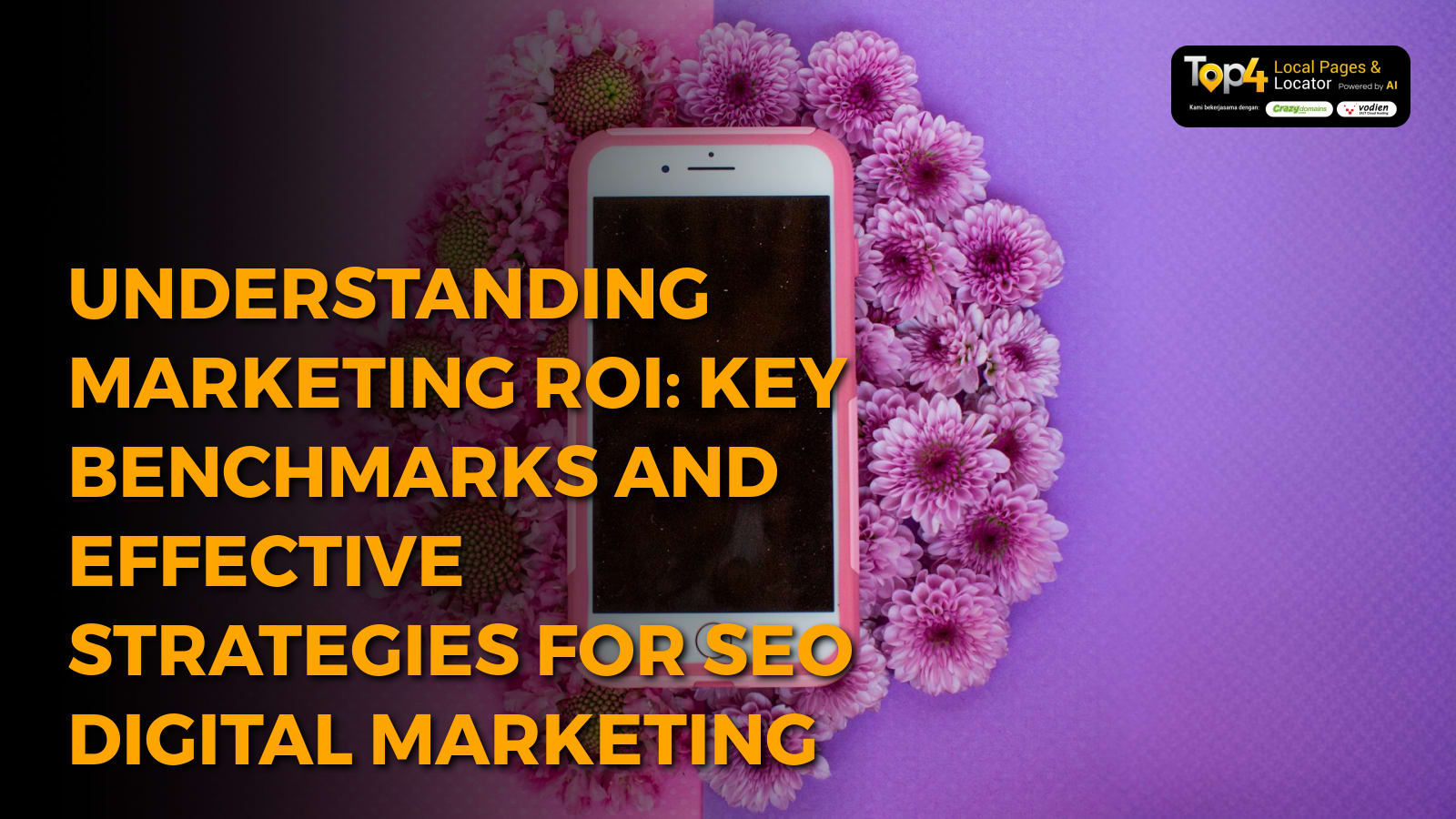
Did you know that many businesses are uncertain about their marketing return on investment (ROI)? Understanding the ROI of your digital marketing efforts is more crucial today than ever before. If you are a local business or a franchise owner, making data-driven decisions can significantly impact your bottom line. In this article, we will explore what marketing ROI is, typical benchmarks, and the marketing methods that yield the best results.
What is Marketing ROI?
Marketing ROI measures the revenue generated from marketing activities compared to the amount spent on those activities. It provides a clear picture of the effectiveness of your campaigns and helps in budget allocation. Simply put, a higher ROI indicates that your marketing efforts are paying off, while a lower ROI suggests the need for strategy revision.
The Benchmark Average for Marketing ROI
One of the FAQs we encounter is, "What is a good marketing ROI?" While the answer can vary, a common benchmark average is approximately 5:1. This means for every £1 spent on marketing, £5 is generated in revenue. Keep in mind that this is an industry average; your ideal ROI might differ based on your specific sector and market conditions.
Best Marketing Methods for High ROI
Search Engine Optimisation (SEO)
SEO is one of the most cost-effective marketing strategies. By optimising your website to rank higher in search engine results, you can attract organic traffic without ongoing ad spend. Additionally, SEO improves user experience and builds credibility, leading to higher conversions over time.
Content Marketing
Content marketing focuses on creating valuable, relevant content to attract and engage a clearly defined audience. High-quality blog posts, videos, and infographics can drive traffic and nurture leads. When done right, content marketing can significantly boost your ROI as it continues to attract traffic long after being published.
Email Marketing
Email marketing remains one of the highest ROI channels. Building a strong email list and sending targeted, personalised messages can drive sales and foster customer loyalty. Automated email sequences can also save time and ensure consistent engagement.
Social Media Marketing
Social media platforms offer extensive opportunities for audience engagement and brand promotion. When leveraged correctly, social media can provide substantial ROI. Paid social media ads can be finely targeted, ensuring that your budget is used effectively to reach potential customers.
Pay-Per-Click (PPC) Advertising
PPC advertising, when managed correctly, can yield quick and measurable results. Platforms like Google Ads allow you to target specific demographics and track the performance of your campaigns in real-time. Although it requires a budget, the precision of PPC can result in a strong ROI if executed well.
Conclusion
Understanding and improving your marketing ROI is essential for long-term success. By focusing on methods such as SEO, content marketing, email marketing, social media, and PPC advertising, you can make informed decisions that enhance your marketing efficiency. Keep an eye on industry benchmarks to gauge your performance and adjust strategies as needed. Effective digital marketing is not just about having a presence; it's about making smart investments that pay off.




